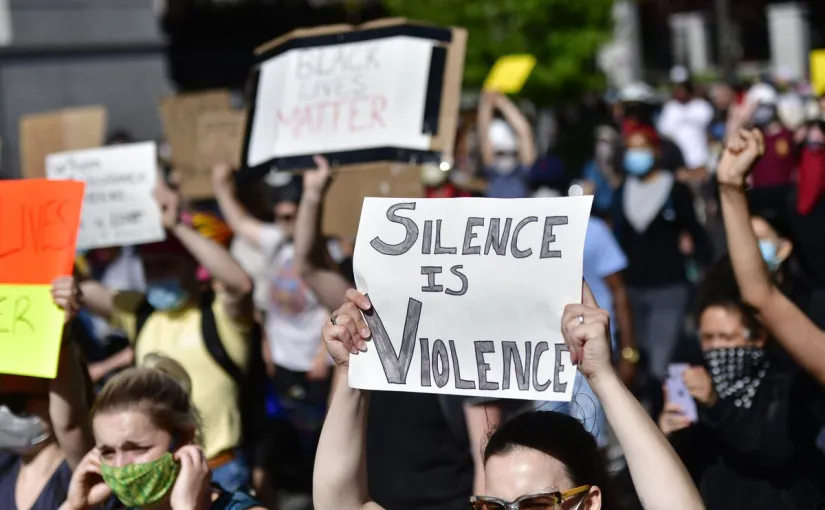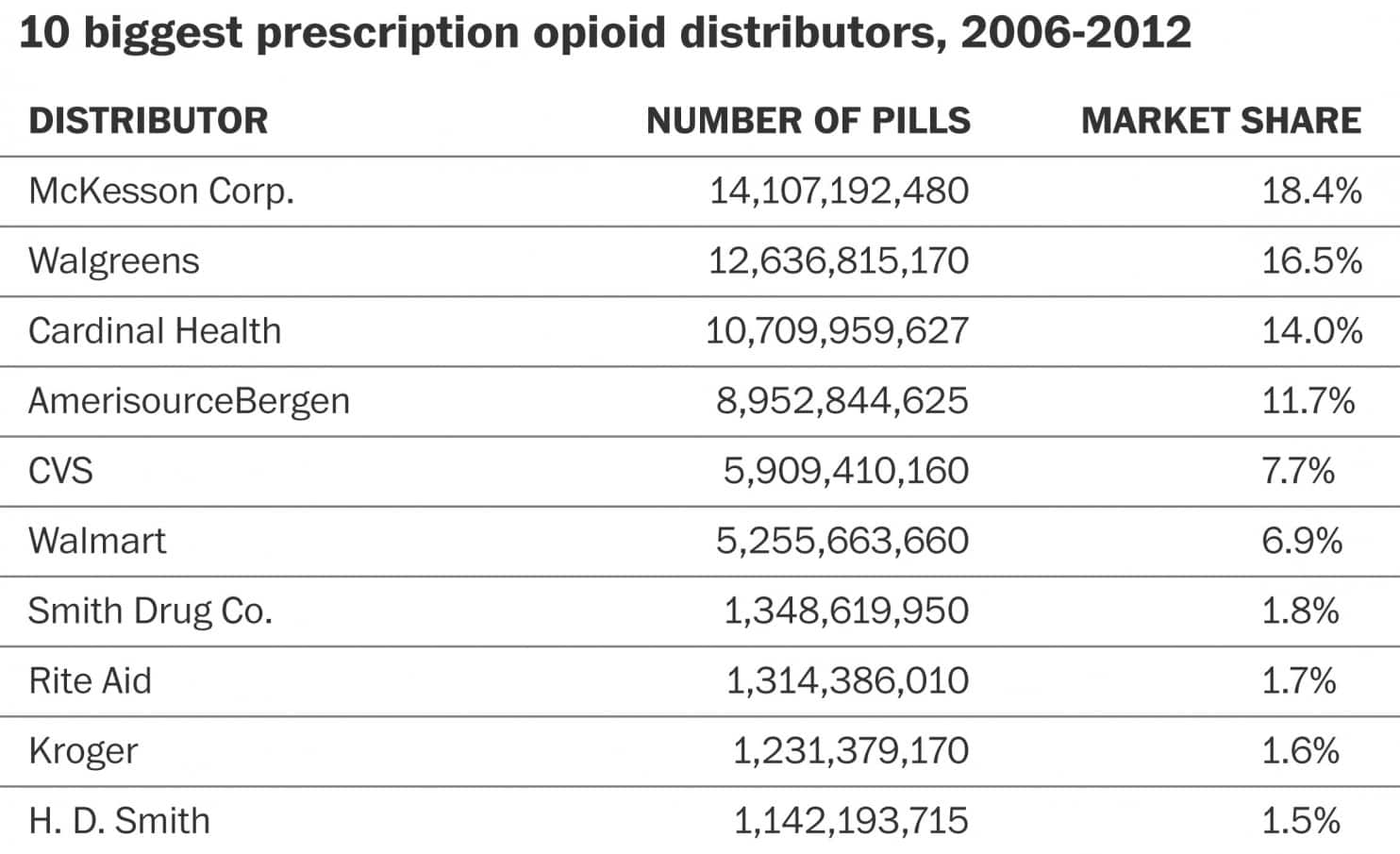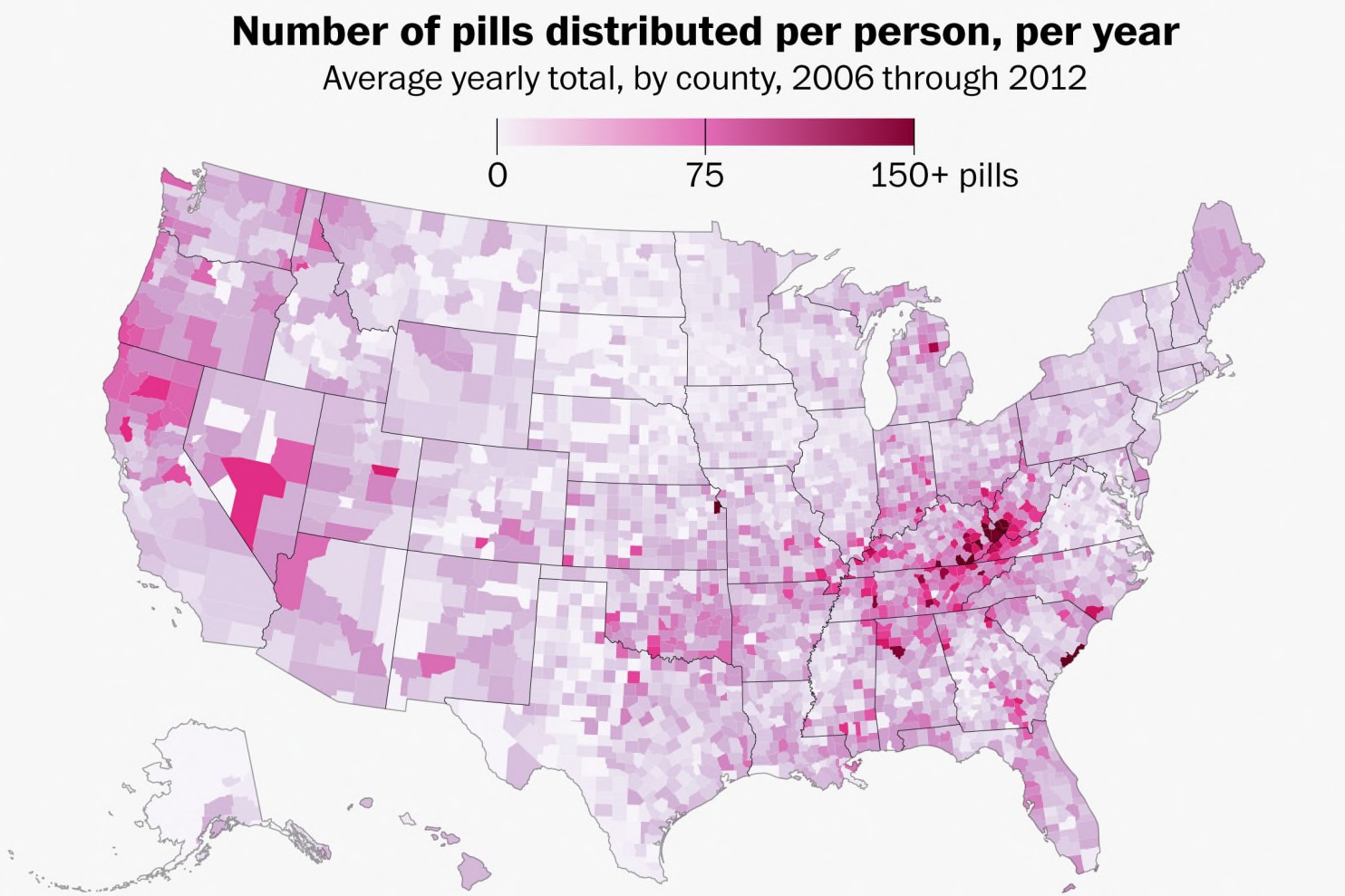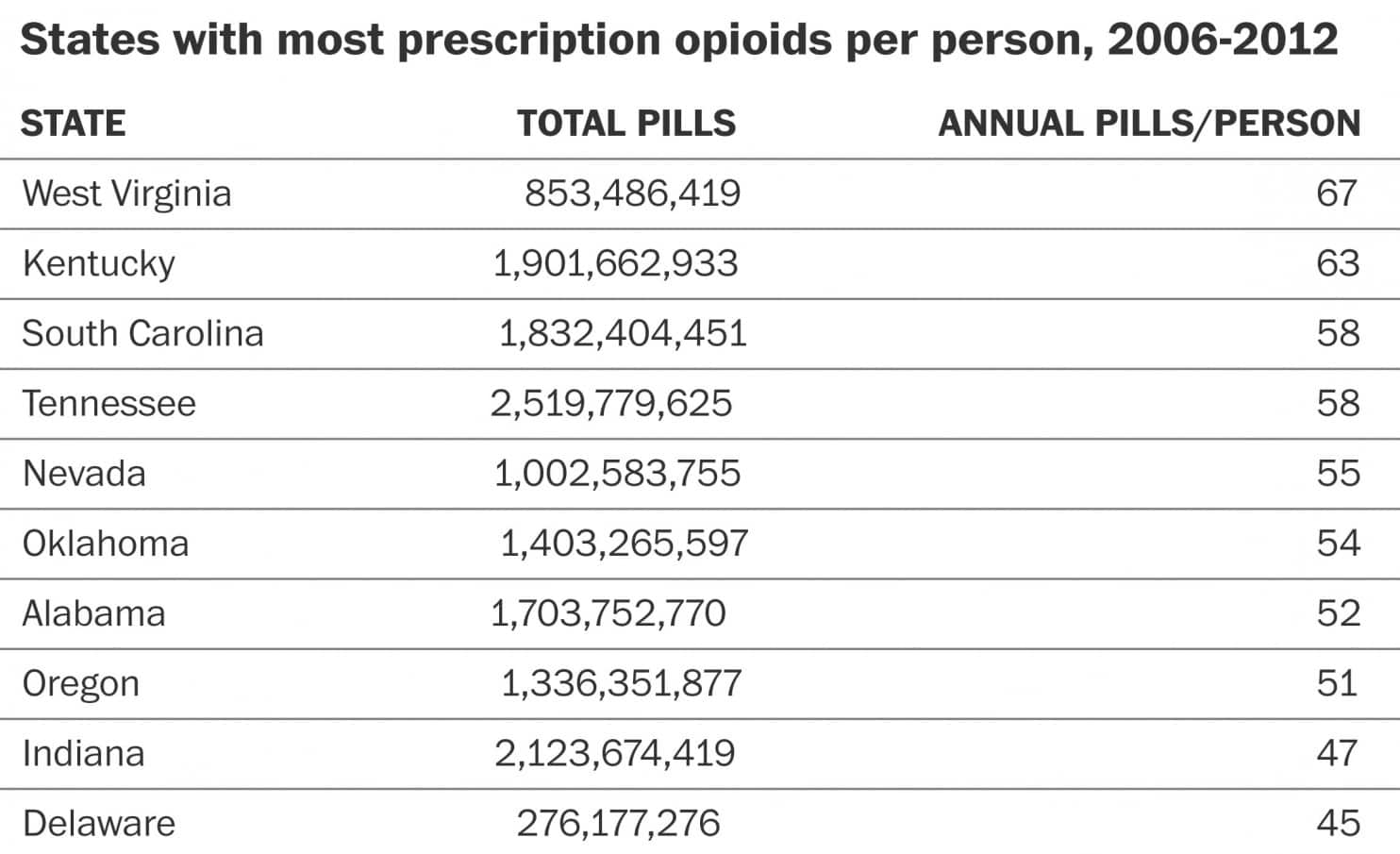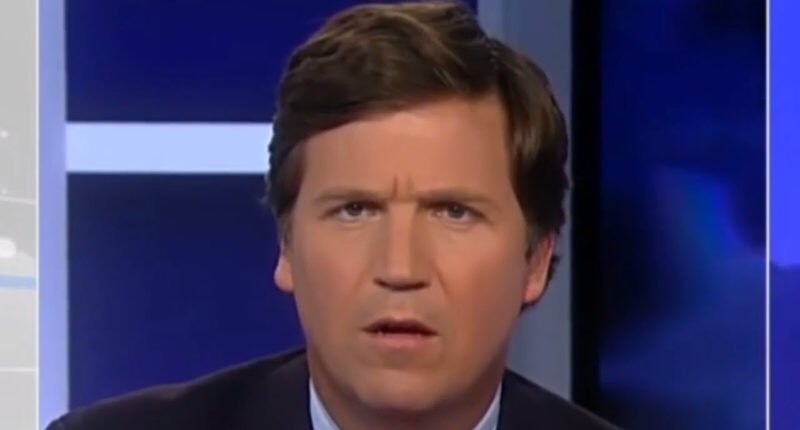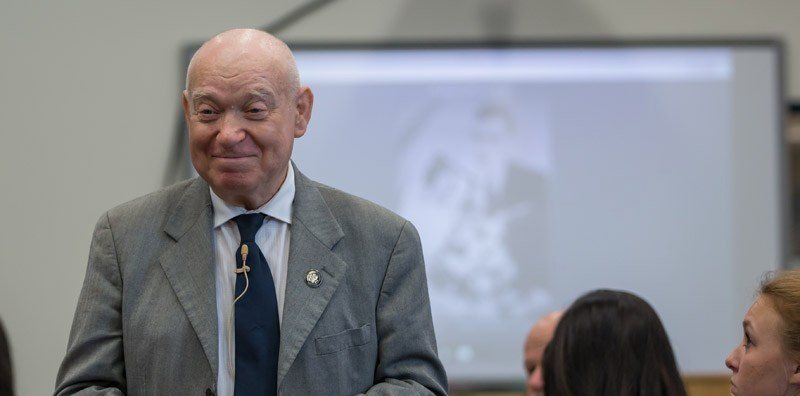Image: Eater
Since the May 25th killing of George Floyd by 5 police officers in Minneapolis, much has transpired. Protests have erupted across the country (even with a handful in other places around the world), cries to defund police departments have recieved national attention, multiple memorials for George Floyd have occured in different cities, four of the police officers involved in Floyd’s killing are facing third- and second-degree murder charges, and the UN has even agreed to discuss racism and police brutality in the United States.
Although a lot of progress has been made, there is still so much more to be done. Sadly, many unfortunate events have also occurred in the past weeks. Police brutality is far from solved, but many feel exhausted by the constant “Justice for [name]” posts that have flooded all forms of social media. Robert Fuller was found hanged in Palmdale, California on June 8th. On June 12th, Rayshard Brooks had been shot and killed in an interaction with the police in response to a call regarding a man sleeping in his car at a Wendy’s drive-thru outside Atlanta. Officers have been caught using police brutality in confrontation with protesters fighting back against the exact behavior that the police continue to use.
As protests don’t show any signs of winding down any time soon, many people still feel unsure of what they can do to get involved. Here are some surefire ways to help the Black Lives Matter movement.
Register to vote… and then vote
If you at least 18 years-old or will be turning 18 by Election Day (November 3rd), then the most important thing you can do is register to vote (and then, of course, show up). Plenty of arguments have been made about the importance of voting, but if you want to see the impassioned case made by the brother of George Floyd himself against the use of violent riots and encouraging everybody to get out and vote, take a look:
If you have not before registered to vote or have changed your address since the last election, it is essential that you register to vote before the election in November. To register in your state, click here.
In order to find your polling place, click here.
Once you are registered and know where to vote, it is just as important to learn about the candidates running for office in your hometown. Use this great tool to get educated on every race and candidate before you head to your polling place by clicking here.
Support programs and organizations that fight for racial justice and equality
Black Lives Matter, founded in 2013 after the killing of Trayvon Martin, is a great place to turn to support the cause. For years, they have been one of the biggest advocates for racial justice and against police brutality. They have organized many protests in the past seven years, including the protests and demonstrations in Ferguson after the killing of Michael Brown in 2014. Both money and action are helpful and always welcomed. Visit here to donate, and look around to find out more about how else you can contribute and make a difference.
The Equal Justice Initiative, another great group to support, works to provide legal defenses to those facing wrongful convictions. Money is greatly appreciated in order to pay for attorneys and legal fees. Click here to donate!
Find peaceful protests and demonstrations to attend
Before attending any protests, remember these things:
- You have rights as a protester, but there are also limits. Read more about what you can and cannot do under the law.
- Many protests are organized with the knowledge and support of local city councils and law enforcement authorities.
- We’re still in the midst of the coronavirus pandemic, so it’s best to protect yourself by wearing a face mask, bringing hand sanitizer and refraining any and all physical contact.
- Some areas have imposed a curfew, though these seem to be easing. Be aware of your local laws before you attend the protests at night.
Your local news source is an obvious option, making it a great first place to look — however, some protests are not as widespread or publicized. If nothing is found there, it does not mean that all hope is lost.
Many protests are organized through Facebook, so a great place to find upcoming protests to seek justice for George Floyd would be under the events tab on Facebook. You can even organize events and protests near you by cause, making it a great place to find gatherings.
Organizers often turn to Twitter to spread word of upcoming protests. One way to find protests near you would be to search the name of your city as a hashtag. For example, Atlanta residents could search #Atlanta.
If you live in a bigger metro area, there is a likely chance that you have your own Black Lives Matter chapter. Reaching out to see if there are any ways you could get involved or attend a demonstration could never hurt. Click here to see a list of Black Lives Matter chapters.
Donate to bail funds and other assistance for protesters
Thousands of protesters across the country have been detained, and bail funds carry a heavy burden. Bail funds, such as the Minnesota Freedom Fund, have seen considerable spikes in donations — and they are actually encouraging donors to look elsewhere to funds that are in more dire need of help. Here, you can find a list of bail funds across the country which could all use your help. For other national bail funds, take a look at the National Bail Out and The Bail Project.
Support and patronize black-owned businesses
This year, black businesses have had trouble with loans and the federal aid programs created to help small businesses throughout the pandemic. The Global Strategy Group, on May 13th, released the results of an online survey they conducted regarding financial aid distribution to minority-owned businesses. Their report found that, from a pool of 500 respondents, only 12% of the African-American- or Latinx-owned businesses received the full assistance they requested — and approximately two-thirds of the same businesses did not receive any aid.
There are plenty of other ways you are able to help support the Black Lives Matter movement in the wake of the George Floyd protests. Spreading awareness, having difficult conversations on race with others, and educating both yourself and others are all great and worthwhile things you can (and should) do whenever possible. For more information on what else you can do, visit Teen Vogue’s article on other ways you can help in both your public and private life.
